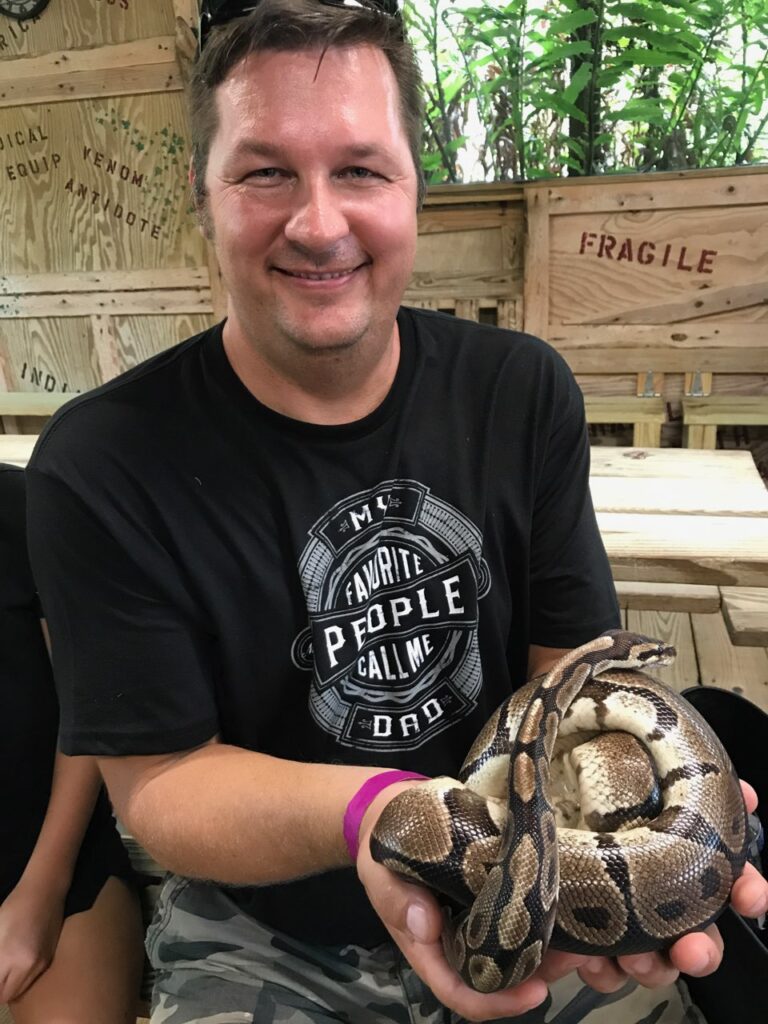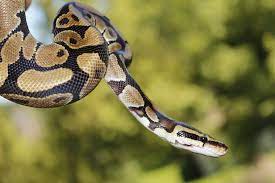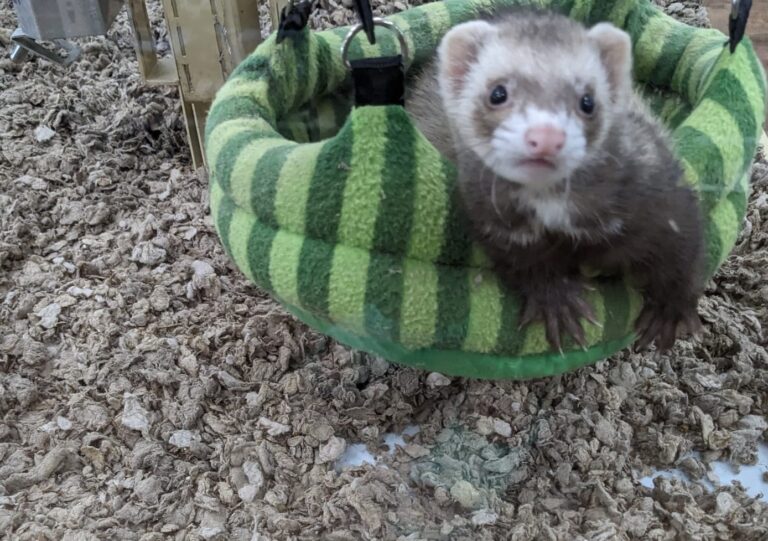The Intricacies of Owning a Pet Python: Navigating Complexities, Consequences, and Considerations
Introduction: The Allure and Complexity of Python Ownership
The idea of having a python as a pet can be truly captivating. However, behind the excitement of owning an exotic creature lies a journey filled with challenges, ethical dilemmas, and consequences for our environment. In this essay, we’ll dive into the multifaceted realm of python ownership, uncovering the intricacies of caring for these animals, discussing their impact on nature, addressing ethical concerns, and shedding light on the journey of owning a python.
Responsible Python Care: Creating a Comfortable Home, Providing Food, and Ensuring Health
Crafting a Home that Feels Right: Setting Up Their Habitat
Designing a suitable home for a python goes beyond just a cage – it’s about recreating their natural environment. Different python species have specific needs, so understanding their habits and habitat is crucial. From maintaining the right temperature and humidity to providing hiding spots and appropriate bedding, it’s a detailed task that requires knowledge and dedication.
Feeding Ethically: Balancing Nutrition and Dilemmas
Feeding a python involves more than simply offering food. As carnivores, pythons eat whole prey animals, often rodents. However, this raises ethical questions, especially when it comes to feeding live prey. The debate about whether it’s right to use one animal to feed another is an ethical challenge that comes with owning a python. This leads us to broader questions about ethics in the animal kingdom.
Ensuring Good Health: The Challenge of Wellness
Keeping a python healthy isn’t as straightforward as regular pet care. These reptiles can face specific health issues that require a deep understanding of their physiology. Finding experienced veterinarians who specialize in reptile health can be difficult, leaving python owners with limited resources. Maintaining their health involves vigilance, quick action, and access to specialized care.
Impact on the Environment: Upsetting Ecosystems and Considering the Bigger Picture
Disrupting Ecosystems: A Ripple Effect
Python ownership doesn’t only affect your home – it can have wider consequences on entire ecosystems. In places like Florida, non-native python species have become invasive and disrupted the natural balance. These predators feed on local wildlife, creating a chain reaction that harms the ecosystem. This imbalance affects endangered species and disturbs the delicate harmony of nature.

Ethical Dilemmas of Demand: The Environmental Toll
The choice to own a python isn’t just about personal preferences – it has implications for the environment. The demand for pythons in the pet trade can lead to capturing wild animals or breeding practices that harm ecosystems. The process of obtaining or raising these animals can contribute to habitat destruction, loss of biodiversity, and animal mistreatment. Potential python owners need to think about the larger environmental impact of their choices.
Ethical Considerations and Animal Welfare: Providing a Good Life and Addressing Broader Issues
Quality Lives for Pythons: An Ethical Responsibility
Caring for any pet comes with an ethical duty to ensure their well-being. Pythons have unique needs that must be met for their emotional and physical health. Sadly, many pythons in captivity endure subpar conditions, leading to stress, health problems, and reduced quality of life. Creating an environment that meets their requirements is a serious commitment python owners must uphold.
Zooming Out: Broader Ethical Challenges
The ethical implications of owning pythons reach beyond your home, forcing us to consider broader questions about the exotic pet trade. This industry often involves practices that harm animals and the environment. Even if a python is bred in captivity, its lineage could be linked to wild populations taken under distressing circumstances. Owning a python demands that we reflect on the moral responsibilities tied to caring for exotic pets.
The Journey of Python Ownership: Long-Term Commitment, Proper Handling, and Building Relationships
A Lifelong Commitment: The Long-Term Nature of Ownership
Getting a python isn’t just a short-term commitment – it’s a lifelong one. These reptiles can live for more than two decades. This means caring for them as they go through different life stages – from their curious youth to their mature adulthood. Each stage comes with unique needs, and python owners need to be prepared for the journey ahead.
Handling and Bonding: Understanding Behavior and Building Connections
Interacting with a python isn’t like playing with a typical pet. It requires a deep understanding of their behavior and needs. Proper handling techniques are crucial, not only for the python’s well-being but also for your own safety. Misinterpreting their behavior or mishandling them can stress the snake and put you at risk. Python owners need to learn how to handle them correctly and create an environment where they can thrive.
Conclusion: A Comprehensive Look at Python Ownership
The allure of owning a python might be strong, but beneath the surface, it’s a complex responsibility that demands careful consideration. Owning a python isn’t just about having an exotic pet – it’s about creating the right environment, understanding their needs, and making ethical choices that ripple through ecosystems and our moral landscape. The impact of python ownership extends beyond the boundaries of your home, reaching into the delicate threads of nature’s intricate web.
Python ownership requires more than setting up a cage; it necessitates creating a microcosm that mirrors their natural habitat. This means researching their native environment, adjusting humidity levels, providing suitable hiding spots, and emulating their daily routines. Beyond mere survival, it’s about thriving in captivity, replicating the harmony they would find in the wild.
Ethical considerations aren’t confined to the comfort of your home either. The decision to welcome a python into your life triggers a series of moral reflections. It’s about acknowledging the potential consequences of your actions on global biodiversity, considering the ethical implications of contributing to an industry that often profits at the expense of the environment and animal welfare.
The journey of python ownership isn’t a static one – it’s an ongoing evolution that spans years, even decades. You’ll witness your python’s growth from a curious juvenile to a mature adult, adapting your care to their changing needs. Handling and bonding require more than routine; it demands understanding and respect for their behavior, fostering a connection built on trust and mutual respect.
In this intricate web of responsibility, education emerges as a powerful tool. Educating yourself and others about the intricacies of python ownership can lead to more informed decisions and compassionate actions. By understanding their natural behaviors, potential challenges, and the ethical considerations tied to their care, you contribute to a future where these captivating creatures thrive both in captivity and in their native habitats.
Python ownership is an invitation to become a steward of a unique slice of the natural world. It’s a pact that goes beyond the bounds of your living space – it’s a promise to uphold the dignity of these remarkable beings and the ecosystems they touch. By embracing the complexities, shouldering the ethical considerations, and committing to their lifelong well-being, you become a part of a larger narrative of conservation and empathy.
As you embark on this journey, remember that the allure of python ownership comes not only from their striking appearance but from the opportunity to learn, grow, and contribute positively to our shared environment. The world of python ownership is one of awe and responsibility, of challenges and rewards. By embracing it fully, you become a guardian of a fascinating world, weaving your story into the intricate tapestry of life itself.







